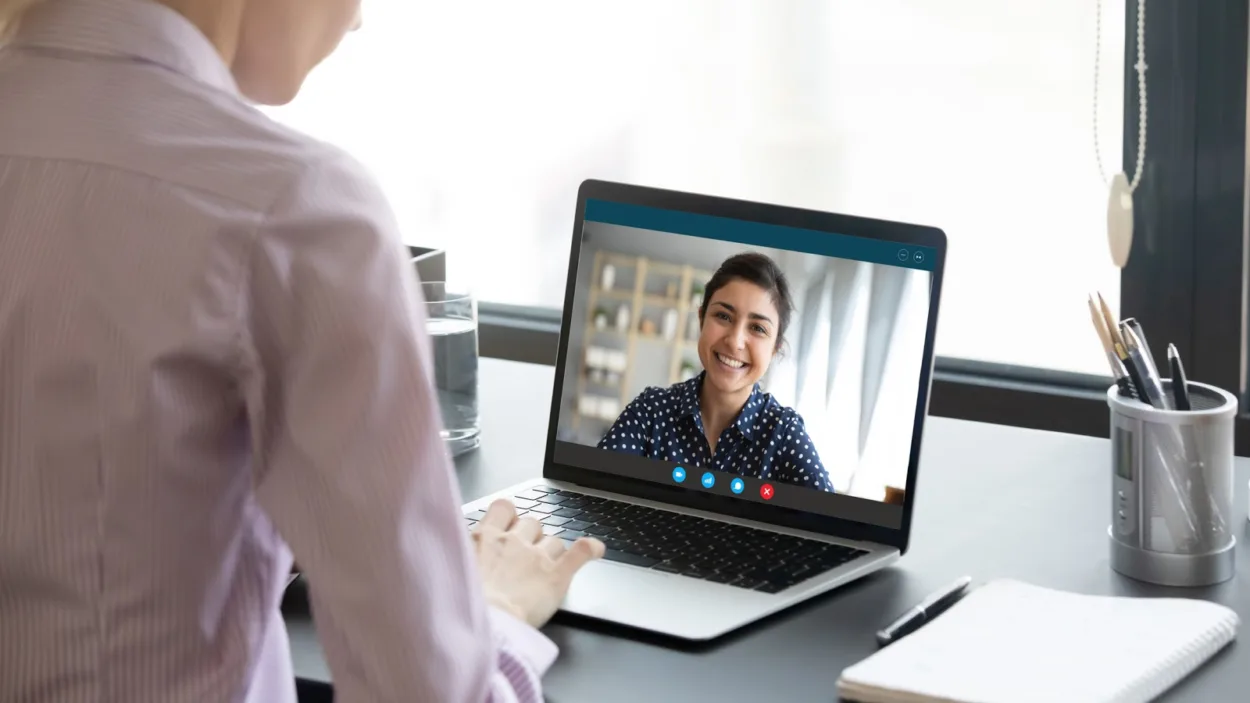
With the emerging trend of increased online accessibility for many services and businesses, counseling has also seen upgrades and adaptations for a focus on technology. As with all new things, however, especially those involving personal information conveyed via technology, there has understandably been an upswing in questions about whether or not teletherapy is safe, or even effective. While online counseling still faces myths about its delivery, counseling providers work hard to not only dispel these myths, but offer support not unlike that experienced in traditional, in-person counseling sessions.
Myth #1: Online counseling is not secure
As with nearly any outlet online requiring the input of personal information, it’s understandable that some clients might be hesitant to participate. This is why it’s important before selecting a telecounseling provider to ensure that the streaming platform they use is not only secure, but HIPAA-compliant. This ensures that all the data exchanged in a session with your counselor or healthcare provider is encrypted, meaning no one outside the session can access it.
For example, The Light Program uses BlueJeans, a HIPAA-compliant video service with personalized logins and confidential sessions created to provide peace of mind and total online security for all clients. You can rest assured that any information shared with your therapist is accessible to you only.
Myth #2: Online counseling is not the same as in-person counseling
There’s a level of truth here in this argument against online therapy: teletherapy is not the same as in-person counseling, simply because of the means by which online counseling is conducted. While video-conferencing does make it more difficult to read a person’s body language, our counselors are trained in the best techniques for effectively conducting a session over video. They will provide the same amount of attention to you and your story, as well as offer the same level of care and support during the entirety of your counseling journey.
In addition, teletherapy is offered in both individual and group formatting, continuing to provide the chance of building relationships with others through the strengthening environment of group therapy.
With this in mind, it’s important to know yourself and understand your personal needs. If you know that participating in an in-person setting would be more beneficial for you, it’s absolutely okay to pursue that option. However, if the benefits and convenience of teletherapy are better suited to meet your immediate needs, the option is there.
Myth #3: Insurance doesn’t cover my online counseling
True, some insurance providers are disinclined to cover the cost of teletherapy. However, as teletherapy gains more traction and popularity, more and more insurance companies are re-visiting this policy.
Before deciding against teletherapy, contact your insurance provider and talk with them about the possibilities of working with your situation to get you the coverage you need. You may be pleasantly surprised to find them willing to offer coverage you didn’t expect.
Myth #4: Online counseling is distracting
There are temptations to distract yourself from anything when working at home. This temptation can certainly be present during an online counseling session, but there are methods to prevent distraction from happening.
To prepare for your teletherapy session, choose a quiet section of the house where you won’t be disturbed – this might be a bedroom, a home office or the basement. Make sure the area is private, so you won’t be disturbed by the other people in your house during the session.
Unless you’re conducting the session via your phone, leave it in the other room – the last thing you want during counseling is distracting notifications pulling your focus away from the help you need. Additionally, switch on the “Do Not Disturb” setting on your computer to keep social media, calendar and email notifications at bay.
Consider using headphones as well, for increased privacy and to drown out any outside noises.
Lastly, don’t distract yourself with to-do lists, chores or random tasks. Treat your online counseling session the way you would treat an in-office session. Find yourself a comfortable space within your home and remain there, focused on the discussion, until the session comes to a close. The more focused and dedicated you are, the better your session will be.
Online counseling: different, not ineffective
While teletherapy continues to be a new addition to the field of counseling, misconceptions are bound to come up. However, with a little research, it becomes apparent that even though teletherapy is different in its approach to personal healing, it is no less effective in its delivery. With convenience in scheduling, the comfort of therapy at home and the guidance of experienced counselors, teletherapy offers a new and unique way to offer therapy to everyone.
If you need teletherapy for addiction or mental health issues, The Light Program is here to help. Call 610-644-6464 today, or take steps online toward your first meeting with a qualified healthcare professional.





